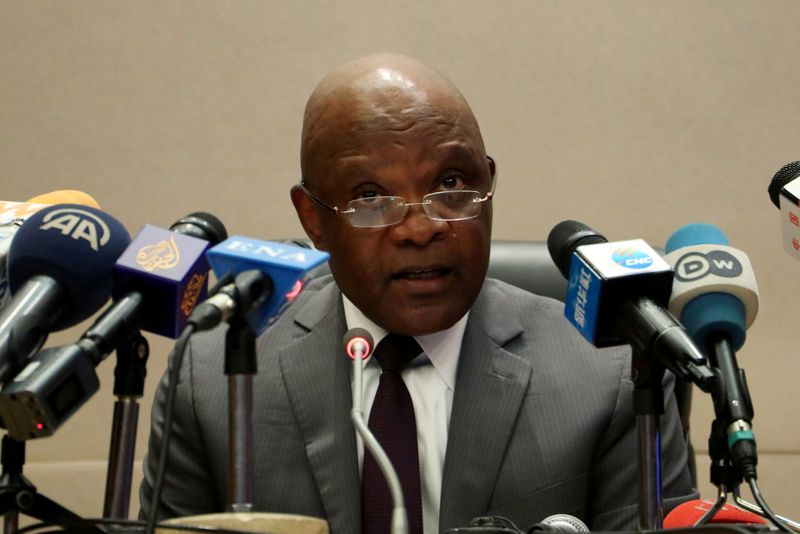NAIROBI (Reuters) – Pharmaceutical companies should sell COVID-19 vaccines to African countries at discounted rates and allow them to be produced locally to potentially cut costs, the head of the continent’s disease control body said on Thursday.
Africa is aiming to vaccinate up to 60% of its 1.3 billion people in the next two years, but may need several years of inoculations, John Nkengasong, director of the Africa Centres for Disease Control and Prevention (CDC) told reporters.
How frequently people will need vaccinations against COVID-19 remains uncertain, he said.
“Because of this, local manufacturing becomes imperative so that we can meet our goals,” he said.
Many African states are relying on COVAX, a global COVID-19 vaccine allocation plan co-led by the World Health Organization (WHO), which is working to lower prices for poor and middle income countries.
But the Africa CDC expects to receive only 20% of its vaccine needs through COVAX, and also needs money to distribute the vaccine.
“The COVAX facility does not take care of delivery, it takes care of the buying of the vaccines. But the greatest challenge for any vaccination programme is how do you deliver it to the needy in a timely fashion,” Nkengasong said,
He added the continent was working with Afreximbank and the World Bank to see how to raise funds to buy and deliver vaccines.
In November, South African President Cyril Ramaphosa, who is also the chairperson of the African Union, said $12 billion was needed for the vaccination programme.
On Thursday, GAVI, a vaccines alliance that co-leads COVAX with the WHO, said COVAX was on track with its goal to secure 2 billion COVID-19 vaccine doses by the end of 2021.
“COVAX has met its initial fundraising target and is making excellent progress in negotiating deals with manufacturers,” said Thabani Maphosa, a managing director at GAVI.
The Africa CDC said on Thursday a survey it conducted with the London School of Hygiene and Tropical Medicine showed nearly 80% of Africans would take a COVID-19 vaccine.
(Reporting by Omar Mohammed. Editing by Elias Biryabarema and Mark Potter)
























